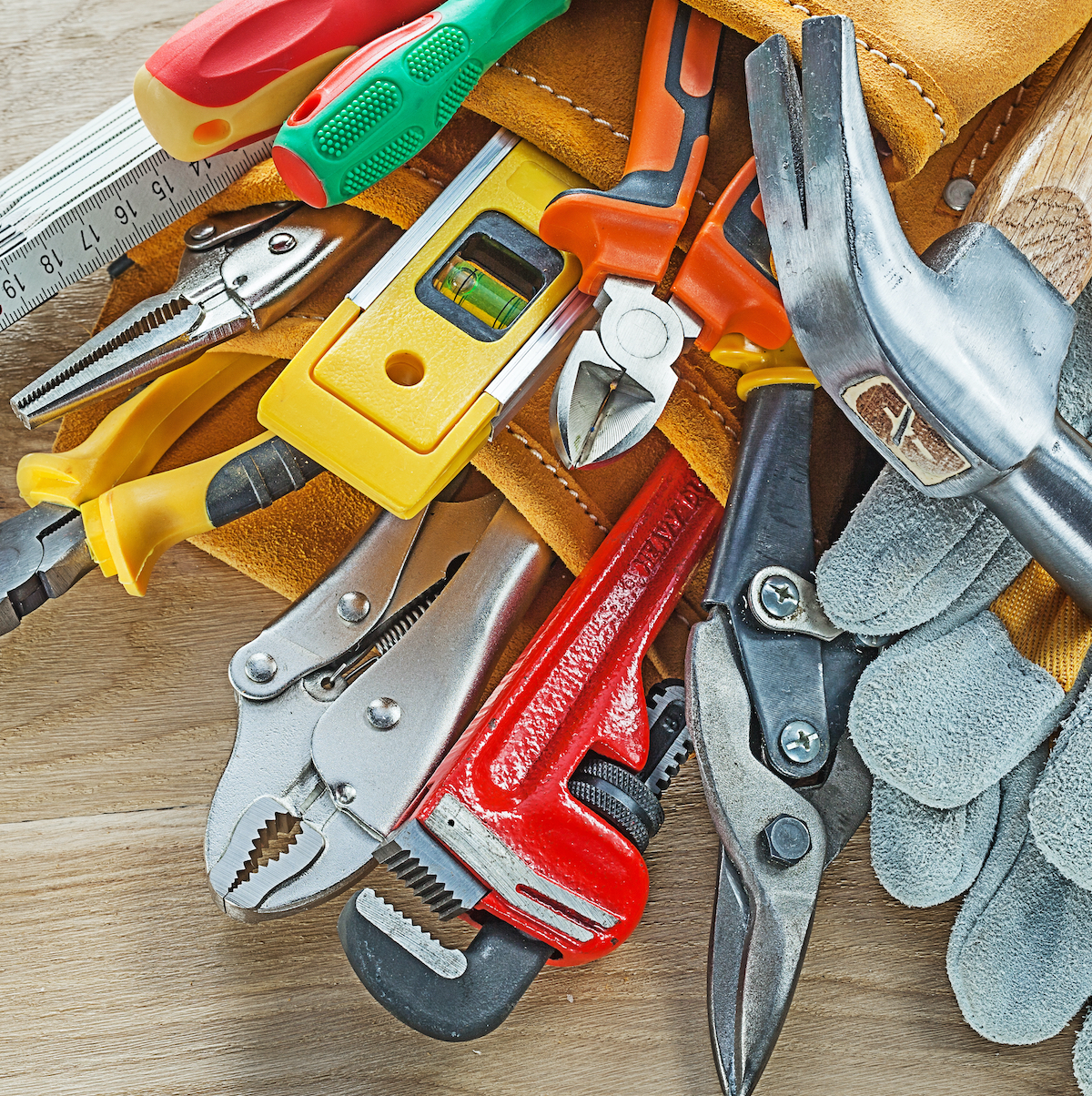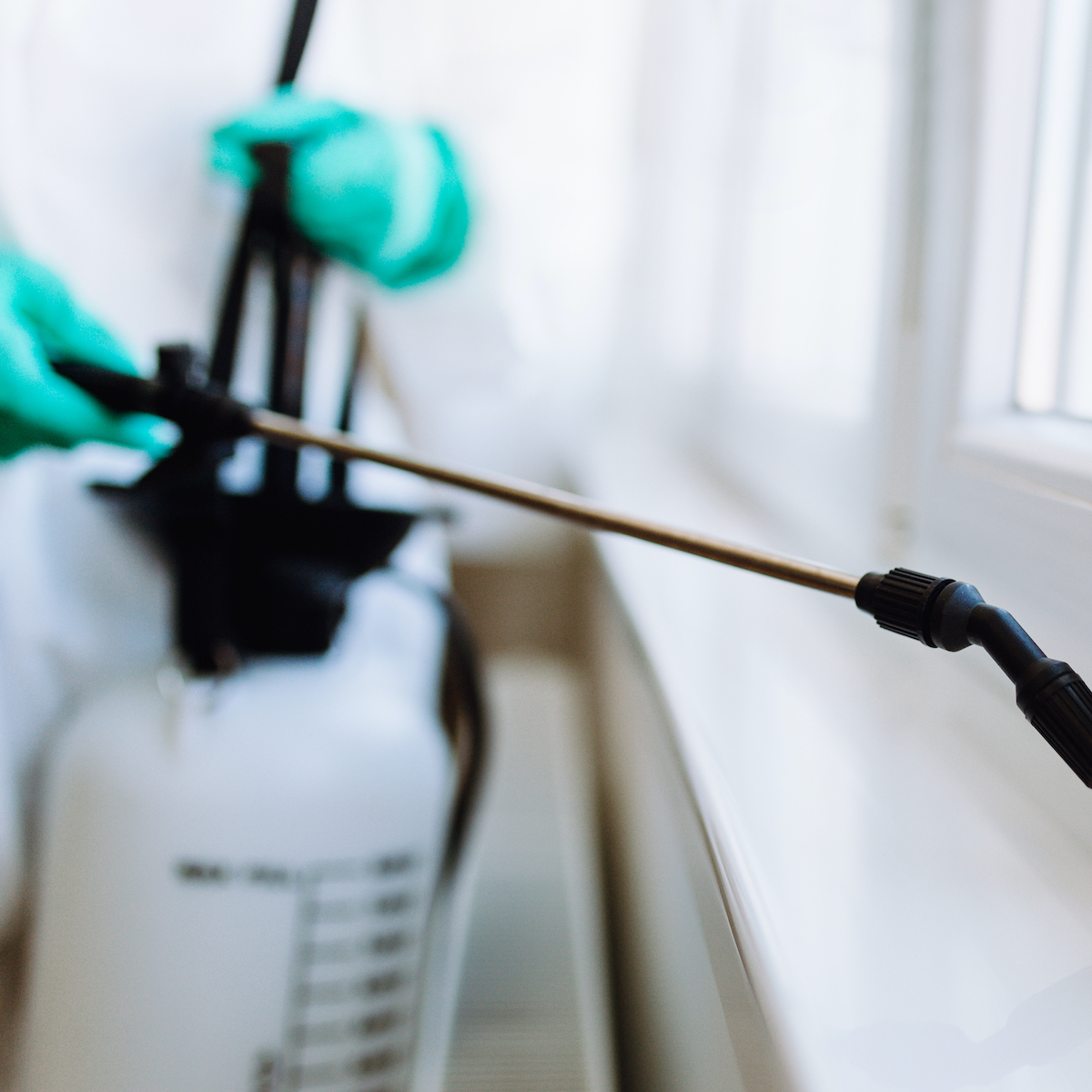Home Inspection
What is a home inspector and what does he/she do?
A home inspector is a trained professional who comes to a home for the purpose of performing an inspection on all its major systems and components. An inspector’s trained eye allows him/her to file an honest, objective, detailed opinion as to the overall condition of the house. Everything from the foundation to the heating, plumbing, and interior structure is inspected.
The process of home inspection is roughly analogous to that of an auto mechanic inspecting a used car. No one would buy a used car without paying a mechanic to peek under the hood and determine the car’s mechanical condition. Likewise, it would be foolish to buy a used home without first knowing what one is buying. A home is the largest single purchase most people make in their lifetimes. It only makes sense to be as knowledgeable as possible about the purchase before the papers are signed.
Some other reasons a home inspection may be in order include:
- The home is under consideration for purchase and a professional’s opinion as to its condition is desired before a commitment is made.
- The homeowner is interested in purchasing a home warranty and an inspection is required by the insurer.
- The homeowner is simply interested in knowing the condition of the house.
The Most Commonly Asked Home Buyers’ Questions and Answers
What are the most common house problems buyers can expect to find?
In homes 20 years and older, the American Society of Home Inspectors (ASHI) say that problems with roof shingles, electrical wiring, and surface water drainage systems are the items most commonly cited on inspection reports as needing repair or modification.
In new construction, inspectors frequently find water seepage into basement/cellar or crawl space, inadequate attic ventilation, poor roof construction, and substandard masonry and finish work.
What are the potential environmental hazards that can be present in the home?
In response to a growing awareness of the dangers posed by certain substances, such as radon gas, asbestos fiber, and urea formaldehyde foam insulation, many consumers are paying extra to have special tests performed to make sure their new home doesn’t pose a health hazard to them and their family. Although a standard ASHI home inspection does not include environmental items, many home inspectors offer environmental assessment as an optional service, or recommend further evaluation.
What is the difference between a home inspection and an engineering inspection? Which is appropriate for the home buyer?
Some confusion can surround this question, particularly since in some areas, home inspections have been inadvertently referred to as engineering inspections or evaluations, and engineers sometimes perform home inspections. But the two, according to home inspection and engineering authorities, are actually quite different.
Engineering evaluations are usually specialized by discipline (such as chemical, structural, electrical) and involve exhaustive scientific measurements and calculations regarding the design of the systems.
Home inspections, on the other hand, tell buyers what they really need to know, which is – What is the condition of the home today? The home inspection, performed by a professional engineer (P.E.) or a non-engineer professional inspector, does not involve engineering analysis of the original design, but deals instead with the in-service operation or failure of a home’s systems and components, as well as the type of maintenance that has been and should be performed. It is based on established criteria of performance and training specific to the home inspection profession.
How does one know who is qualified to conduct home inspections?
State agencies, which are typically responsible for regulating professional activity, have generally not undertaken to license home inspectors. Home buyers must therefore carefully review an inspector’s background and credentials to determine if he has the appropriate training and professional ethics to perform home inspections.
Home Inspection: Before or after your offer?
Which is better: to have the home inspected before you make an offer, or after? Most commonly, you will order an inspection after you know that your offer is acceptable to the seller. If the price you are prepared to pay seems to have no chance of buying the home, paying for an inspection ($250 – 350) is a waste of money.
However, homebuying is a flexible undertaking and much is dictated by the particular circumstance in which you find yourself. It isn’t always best to leave the scheduling of your professional home inspection until your offer has been accepted. You could have it carried out between offers, while the negotiation is still in progress – perhaps before you make your second, third, or final offer when it can be the catalyst in making the deal. Naturally, any offer you make before the inspection will carry a contingency clause stating that you will go through with the deal only if the results are satisfactory to you.
A later inspection can sometimes give you a greater advantage than an early one. Once you’ve reached agreement with the seller, all parties are ready to conclude the transactions. If the inspection reveals problems, it is less likely the seller will back away from the virutally “done deal.” He is far more likely to agree to a lower sale price or, at least, pay for the repairs or replacements that are needed.
If you are a first-time buyer or new to negotiating, it is probably better to negotiate a price first. Then, have the inspection and you may be able to have the seller pay for any work you consider necessary or to agree to a lower price.














































